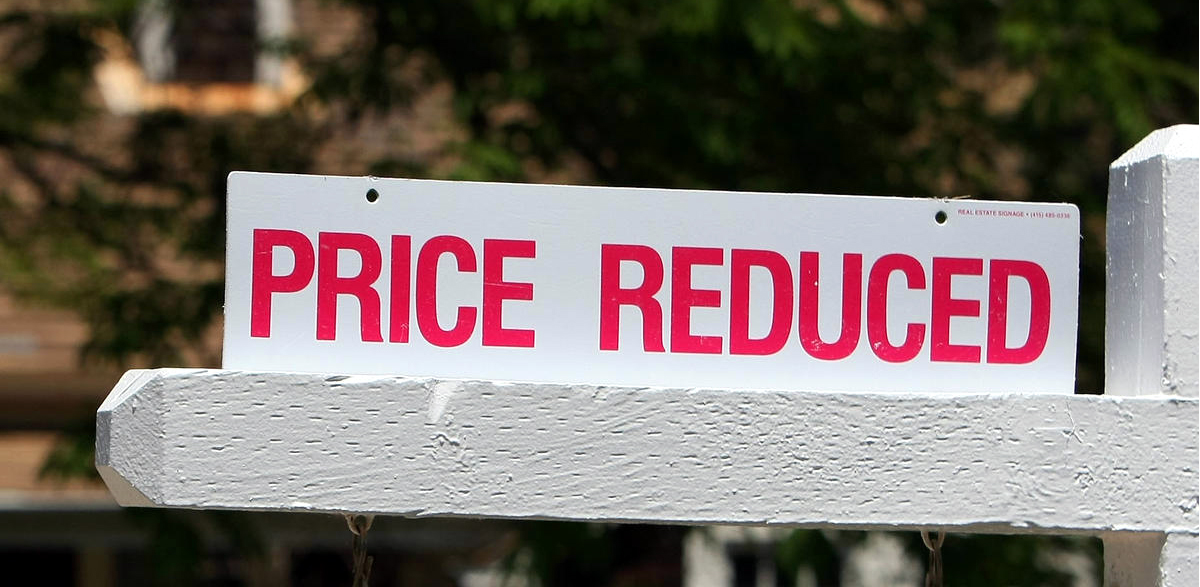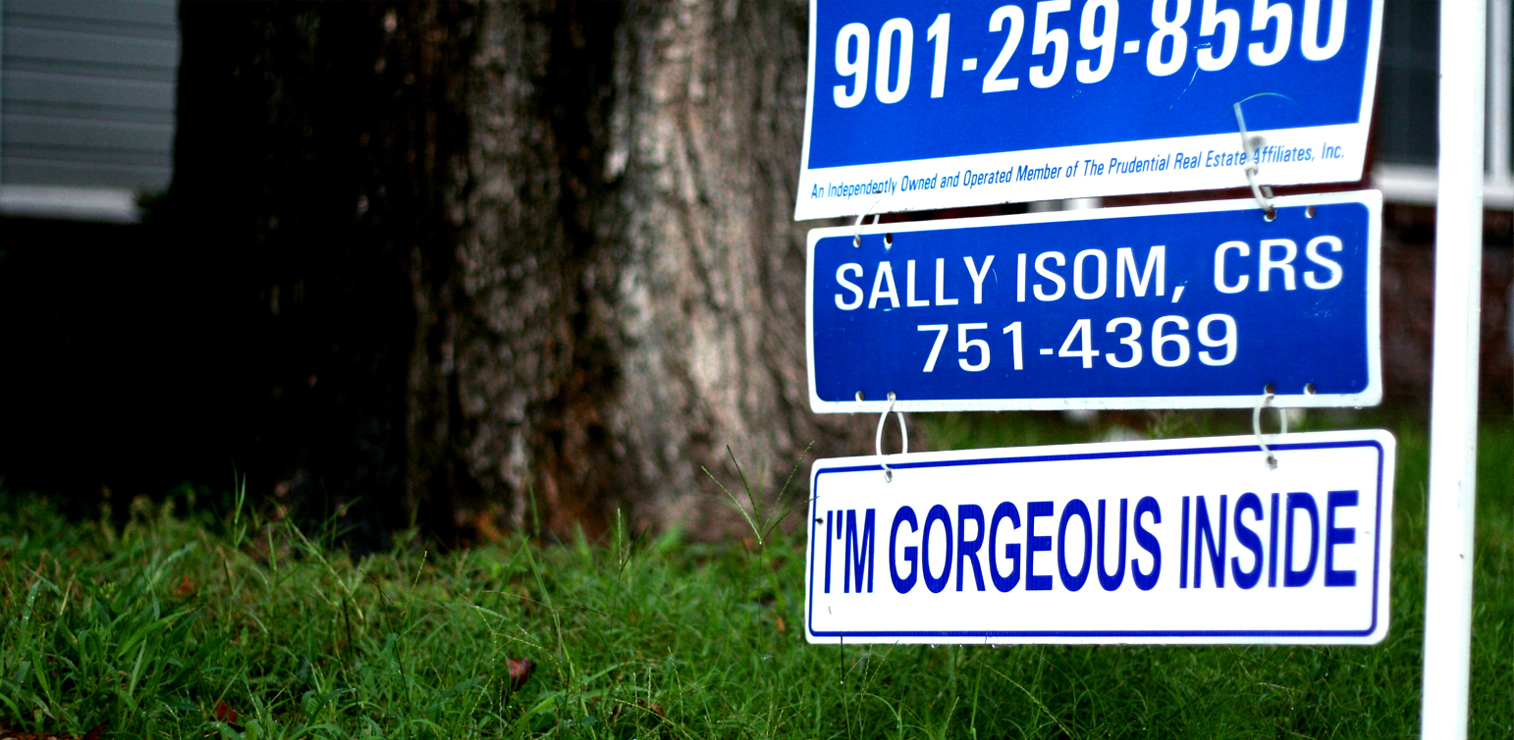$625,000, 3 bedroom, 2 bath, parking, deck, fireplace, hardwood floors. What do see that is important here? The price or the features? If you are the buyer, the first thing is probably the price. Everyone loves prices, right?
But, in reality, what you are looking for is not the price, it’s the features of the house you are going to move into. You don’t move into a price. Right?
So, why should a house have a price? Why shouldn’t you just look at a property that you want to live in and have a real estate agent run comps and make your bid?
In Australia, they don’t have listing prices. They don’t even have a true marketing period. All they do is set a date for an auction. You see the home beforehand at an open and then decide.
This way, the Seller knows what day they are going to sell and when the closing approximately is. Pretty cool.
So, the idiot agent that gets their listings by overpricing them and then telling the sellers that the market has changed would be dead in the water with the Aussie method or what the idea of not having a listing price.
How would it all work?
You would do a search for the area that you want, the number of bedrooms, baths, features, etc. Then you can have your agent do the work of seeing what has sold in the last few months for that type of home.
Then go see the homes and place a bid based on the comps. Yes, I said, submit an agreement WITH the comps so that there can’t be any ridiculous arguments unless you put in a stupid offer or the seller and/or their agent is a lunatic.
Then, the seller knows what a buyer is willing to pay for their home. The listing agent then has an easier job of not having to have THE conversation.
What do you think? Yes, it’s a work in progress.
Realty Reality! That describes Fred, a sharp witted and outspoken realist for the mortgage and real estate world who has appeared on CNBC and NPR's Marketplace along with being quoted in the New York Times, The Wall Street Journal and other media outlets. Fred is the CEO of U S Spaces, Inc/Arrivva (a real estate brokerage firm in PA, NJ, DE and CA) and U S Loans Mortgage Inc (mortgage brokerage in PA, CA, FL and VA), and serves on the Board of Directors and is the Federal Legislative Director for the UpFront Mortgage Brokers. Fred is also the co-creator of real estate startup Rentscoper.com, a mathematically driven rental search engine. See everything Fred at fredglick.com.









































FlatFeeRealty.com
December 7, 2010 at 9:27 am
Honestly Fred, this is just ridiculous… Price needs to be included 🙂
Russ Bergeron
December 7, 2010 at 10:16 am
Leave it to the folks down under. They brought us range pricing – what’s wrong with no pricing?
John Kalinowski
December 7, 2010 at 10:32 am
Seems like a lot of wasted time bidding and making offers, since you have no basis of what the seller expects to receive for their home. They may be thinking $275,000 when you are bidding $175,00 based on your comps. If you know their asking price up-front, you wouldn’t waste your time (or theirs).
Blake Pierson
December 7, 2010 at 11:28 am
Fred – you mentioned the selling process in Australia? Are there any other major economies with similar selling processes (or in other words, processes quite different than here in the U.S.)? Just curious what your research turned up. Thanks!
Teral McDowell
December 7, 2010 at 12:03 pm
Did someone say it “ridiculous”?!
Agent for Movoto
December 7, 2010 at 1:13 pm
It sounds like a great idea. It’s fast, direct, and would minimize a lot of the defensiveness and tension that is so often a part of one stranger handing over a piece of his or her past to another stranger.
Prices – for anything – are artificial and calculated “estimates” of an item’s worth. In reality, as all of us swimming around in this burst housing bubble know, a thing is only ever worth what a real live person, at a certain moment in linear time, is willing to pay for it.
And hey, the Aussies seem to be doing okay: theage.com.au/articles/2004/01/28/1075088088419.html?from=storyrhs
Pasquale`
December 7, 2010 at 2:38 pm
Whether the Seller indicates their asking price or not, it’s still an auction – just like the premise of the stock market’s bid & ask system.
Jonathan Benya
December 7, 2010 at 6:30 pm
Not bad. It’s a fabulous concept, but I don’t see it working out with the mindset of modern American society.
I wonder how much further prices would drop with that sort of model in play over here?
Kelsey Teel
December 8, 2010 at 1:32 am
I have to agree that I don’t see it working out with the mindset of modern American society. A price range is the starting point of most buyer’s searches. Does that mean it is the best approach? Not necessarily, I can see the pros of the Aussie style. However, actually implementing it in America would be chaotic–at least at first.
Thought provoking article, Fred. Thanks for sharing. 🙂
Fred Glick
December 8, 2010 at 7:46 am
Thanks for all the comments.
I see the reaction has bounced both ways.
To the naysayers, please re-read the section that says “your agent do the work of seeing what has sold in the last few months.”
Try it. Search all the sold comps at all prices in an area where a buyer wants a place.
Also, there are situations that have just occurred in condo buildings in Philadelphia where a building priced their units at say $450,000 but after an auction, the prices went for $300,000. Why? Because they were only worth $300,000.
Want values to go back up? Help the economy improve!
Sano
December 8, 2010 at 8:58 am
Well, I just returned from Australia and poked around some real estate (what Realtor doesn’t do this on his holidays?). What I understood of the process was that the listing Realtor would announce the auction date and the bidding would start with a reserve price that the seller may or may not disclose. If the bidding was successful then the buyer went through their due diligence and this was processed in a typical fashion. If however there were no bids or the bids were too low, then the Selller would place the property on listing with a price range (eg. high 500’s low 600’s). If this did not attract the required interest they typically would reduce the price again, much as we would here. What I found interesting was the lack of disclosure with respect to agency. Listing agents presumed that you would just deal exclusively with them because they were most knowledgable about the property and Buyer representation was secondary or hardly ackowledged at all (at least with those agents that I met).
danschuman
December 8, 2010 at 4:08 pm
Interesting idea Fred. I am never opposed to change, in this case drastic change, but I can’t see the US market accepting this method because it’s just too different than what we are used to.
hermanchan.com
December 8, 2010 at 6:25 pm
@sano the way you describe it , it sounds like Ebay for real estate! which may not be far from the truth down under.
i have friends in syndey and i have visited several times. your statement about buyer representation is for the most part true. the idea of agent co-op doesn’t really exist there.
i wonder how much aussie agent earns in commission on 1 deal?